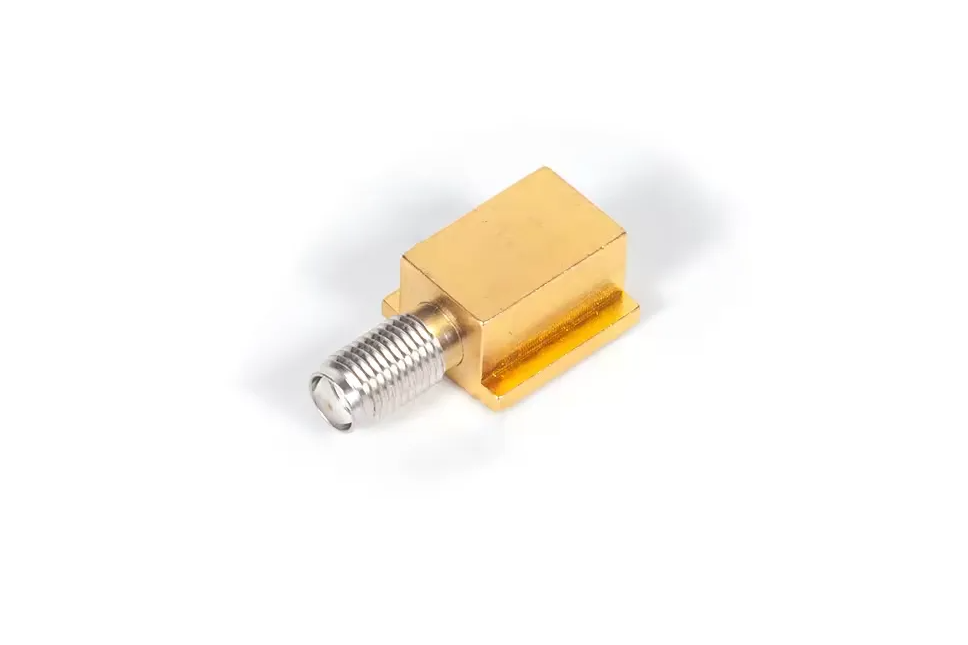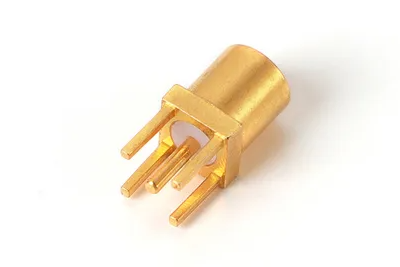
17 έτος κατασκευαστής cOem και ODM
Αυτόματα μηχανήματαΟμάδα Ε&Α
Προσκαλούμε πελάτες και επιχειρηματικούς εταίρους σε όλο τον κόσμο να συνεργαστούν μαζί μας για αμοιβαία ανάπτυξη και επιτυχία.

09
Aug
09
Aug
09
Aug
An RF connector is a type of electrical connector designed to carry high-frequency signals in radio frequency (RF) applications. It facilitates the connection of RF cables and equipment, enabling efficient signal transmission with minimal loss or interference. RF connectors are commonly used in telecommunications, broadcasting, and electronic systems.
Key types include SMA, BNC, N-type, TNC, and F-type connectors. Each type has specific characteristics and applications: SMA connectors are often used in high-frequency systems, BNC connectors are common in video applications, and N-type connectors are known for their durability in outdoor environments.
RF connectors impact signal performance by affecting signal loss, reflection, and impedance matching. High-quality connectors ensure proper impedance matching and reduce signal degradation, which is critical for maintaining signal clarity and strength, especially in high-frequency or high-power applications.
Key factors include the connector type, frequency range, impedance (commonly 50 or 75 ohms), and environmental conditions. It's essential to match the connector with the specific requirements of the RF system, such as operating frequency, power levels, and environmental exposure, to ensure optimal performance.
RF connectors are widely used in various applications, including telecommunications for network equipment, broadcasting for antennas and transmitters, and medical devices for diagnostic and monitoring equipment. They are crucial for ensuring reliable signal transmission in these fields.
